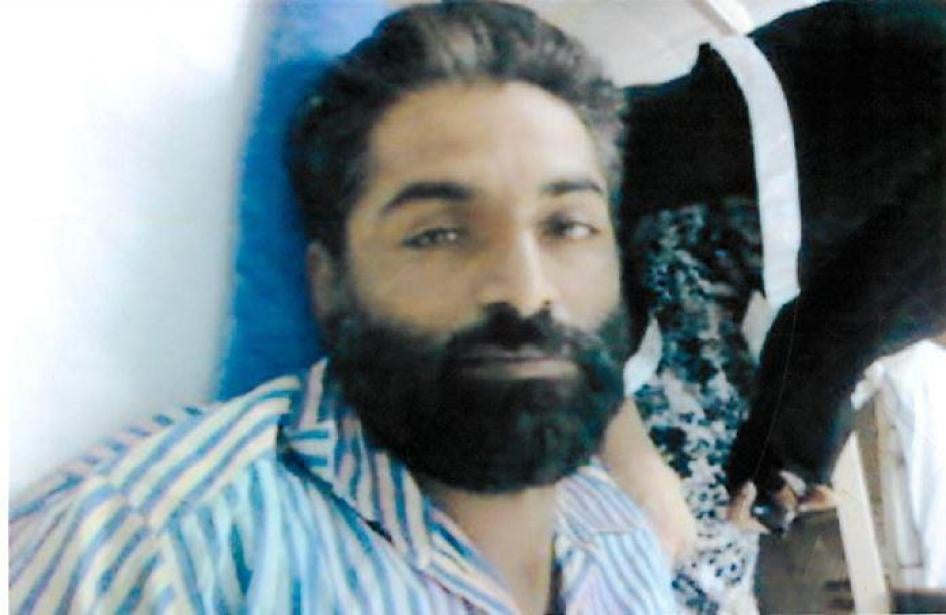Abdul Basit, a 43-year-old prisoner paralyzed from the waist down after developing tuberculosis in prison in 2010, will likely go to the gallows in his wheelchair in the next few days. Basit is the latest person with a disability on death row whose life is at risk since the Pakistani government began its execution spree this year. Basit joins Kaneezan Bibi, who has a psychosocial disability, and Khizar Hayat, who was diagnosed with paranoid schizophrenia in 2008, as among those facing Pakistan’s state executioners.
Basit’s execution was set for July 29, and requests to have him transferred to a medical facility were refused. On July 29, however, the Lahore High Court stayed his execution to allow for a new assessment of his medical situation. On August 31, the court will decide whether the execution will go ahead.
Rather than confronting the inherent cruelty and injustice of capital punishment, Pakistani officials are puzzling over how to hang a man in a wheelchair. To save their client’s life, Basit’s lawyers are now arguing macabre technicalities, including that a prisoner in a wheelchair can’t meet the prison’s requirement that the condemned “mount” the scaffold and “stand” beneath the noose. They are also concerned about the ability to accurately measure the length of rope required for his hanging, which could lead to decapitation.
The Pakistani government has executed 209 people this year. These executions are part of the government’s response to last December’s horrific attack by the Pakistani Taliban splinter group Tehreek-e-Taliban on a school in Peshawar that left at least 148 dead – almost all of them children.
A group of independent United Nations experts has called on the Pakistani government to halt all executions and commute the sentences of those on death row. Human Rights Watch opposes the death penalty in all circumstances as an inherently cruel punishment. The sorry spectacle of executing a person with a severe disability merely highlights this cruelty.
Pakistan’s government should reverse its decision to lift its death penalty moratorium and move toward abolition. Only then will Pakistan’s death row dilemma come to an end.









